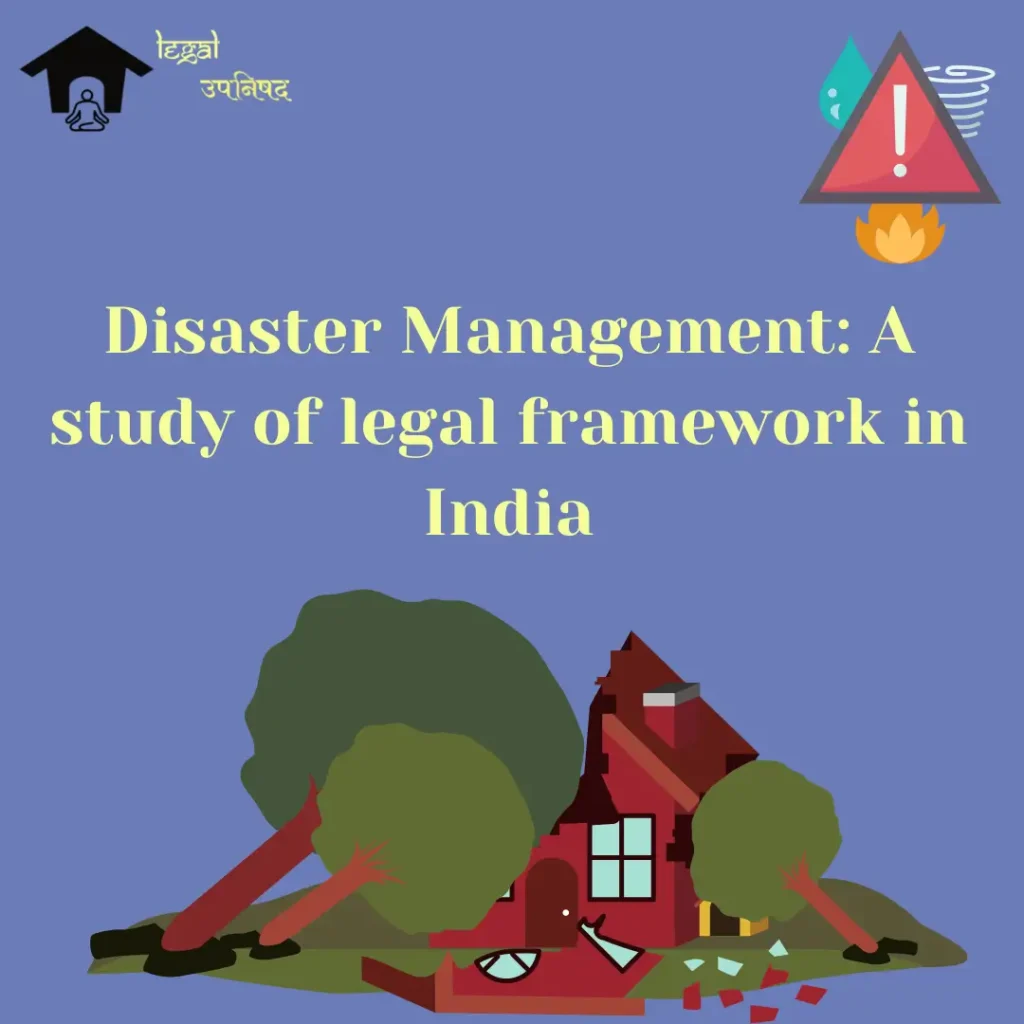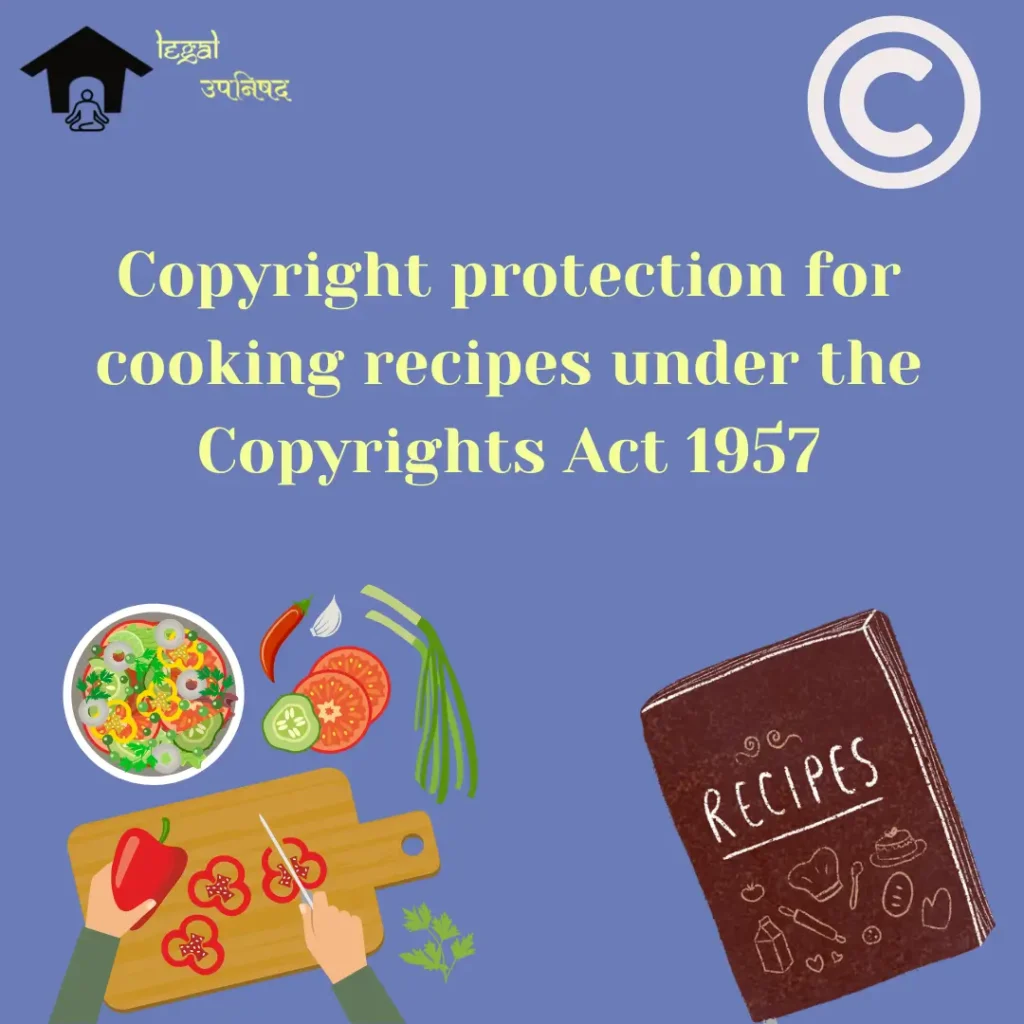Educational Institution as Industry: Industrial Disputes Act
Investigating and resolving workplace disputes is the primary goal of the Industrial Dispute Act, of 1947. Swift resolution of labour disputes, good relations between the workforce and management, and continuing industry production are the key objectives of the act. The Industrial Dispute Act says that the act applies to all areas that fall under the definition of “Industry.” This article, analyses the concept of industry under the Industrial Dispute Act, 1947 with special reference to educational institutions and universities.
Educational Institution as Industry: Industrial Disputes Act Read More »










